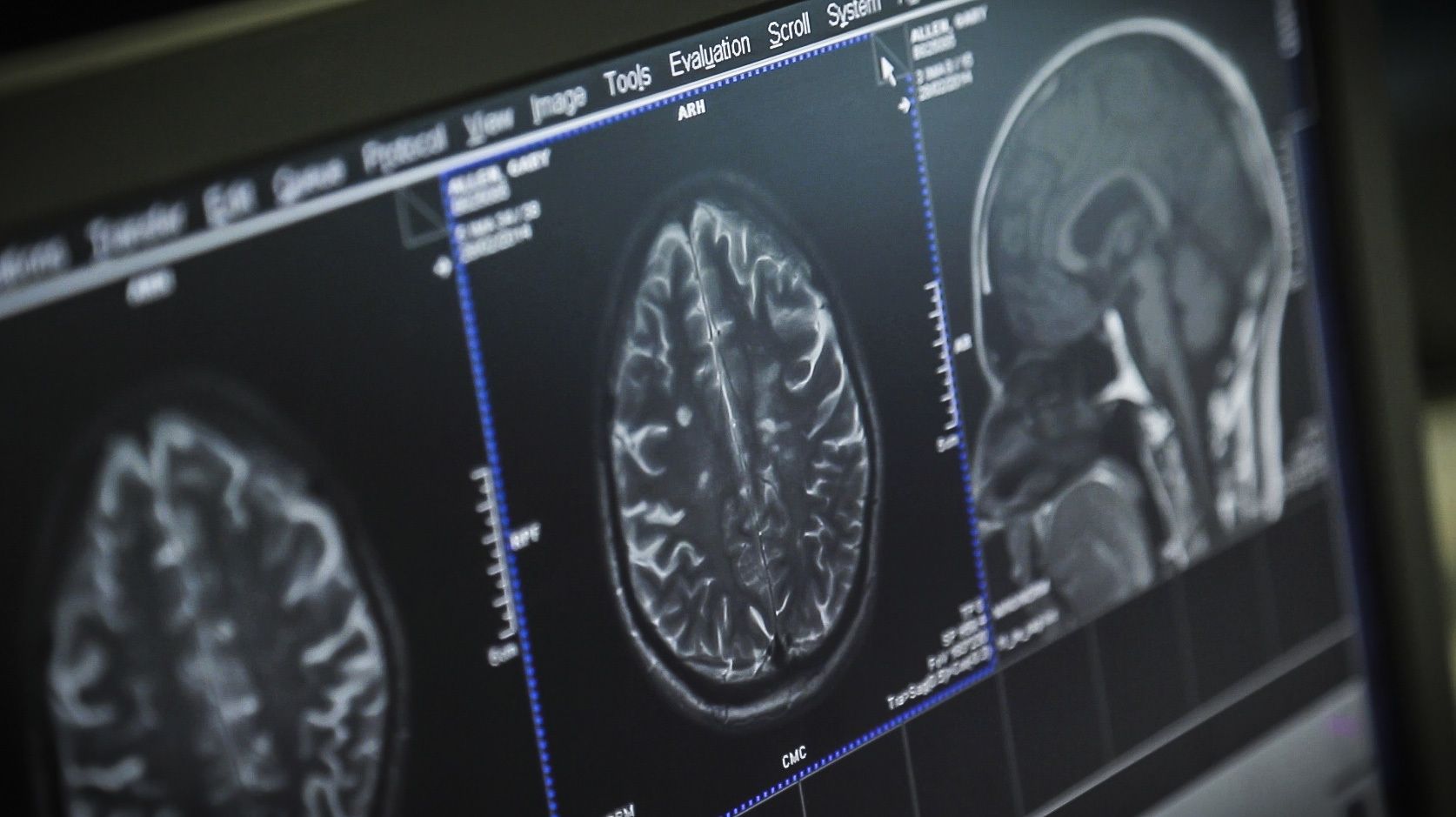If you could say anything to MS, what would it be?
MS Ends With Us
Send MS the message that it’s done and help the world understand what it’s like to live with this disease.
Displaying 1 of 6 items

MS is an unpredictable, often disabling disease of the central nervous system that disrupts the flow of information between the brain and body.


Nearly 1 million adults and children live with MS in the United States. Anyone can get MS, no matter their age, gender, race or ethnicity.


Symptoms vary from person to person. Common symptoms include fatigue, mood changes, mobility issues, numbness, tingling and vision impairment.


Research shows that early and ongoing treatment with an approved disease-modifying therapy can help reduce relapses and delay the progression of disability in MS.


Advances in research and treatment are leading to better understanding and moving us closer to a world free of MS.


Our Pathways to Cures roadmap, endorsed by more than 30 organizations around the world, is the plan to stop this disease. Together, we will end this disease forever.

- Testimonial 0(Current Slide)
- Testimonial 1
- Testimonial 2
- Testimonial 3
- Testimonial 4
- Testimonial 5
- Testimonial 0(Current Slide)
- Testimonial 1
- Testimonial 2
- Testimonial 3
- Testimonial 4
- Testimonial 5
Fuel Progress
Get Involved
Society Impact

Education6.5 million people access the National MS Society website every year. Newly designed, the site puts people affected by MS first.

AdvocacyOver 45,000 MS activists influence policy for those affected by MS — including affordable access to medications and healthcare, research funding and support for families.

CommunityEvery year more than 300 Society-organized events — made possible by 50,000 dedicated volunteers — strengthen the MS movement.

ResearchWe’ve achieved more advances in MS than have been achieved for any other neurological condition.

Clinical CareThe Society has launched the careers of 120 MS specialists who provide care to more than 100,000 people with MS.